The last time I have spoke to Donski, June this year, he said that he has the texts. The translation is waiting for the funds he needs, and the book should appear late 2010.
That is what I have from him, back than. I don't know what is new or what was going on in the mean time.
By the way, all those Ancient Texts are part of private library of some German family.
That is what I have from him, back than. I don't know what is new or what was going on in the mean time.
By the way, all those Ancient Texts are part of private library of some German family.
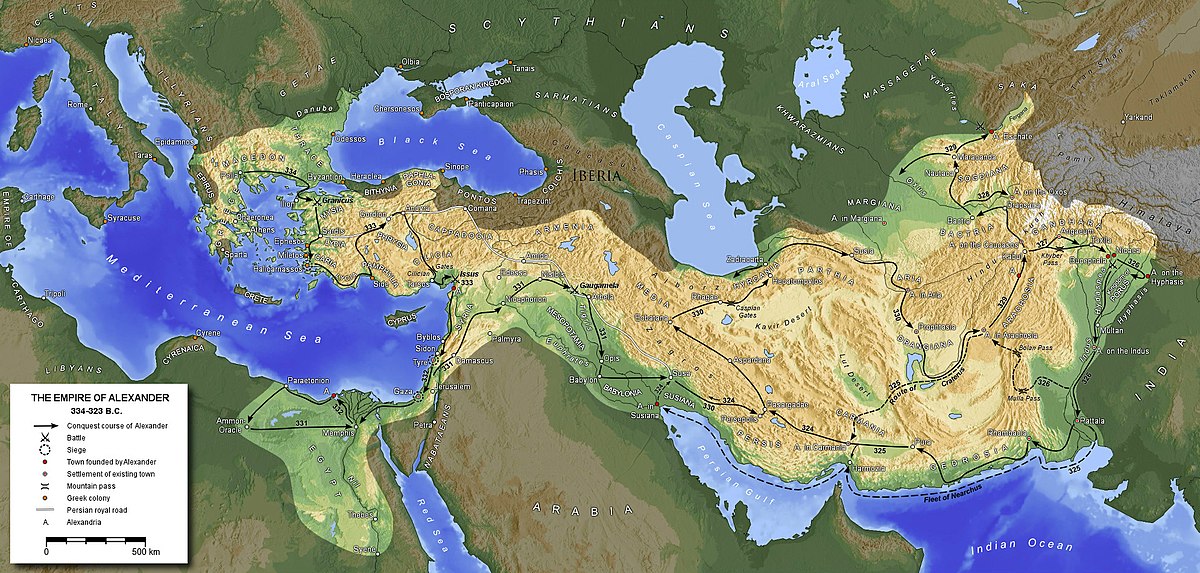
 and not only that, the people dont have in their collective memory any signs of some migrations, some "coming from..."
and not only that, the people dont have in their collective memory any signs of some migrations, some "coming from..."

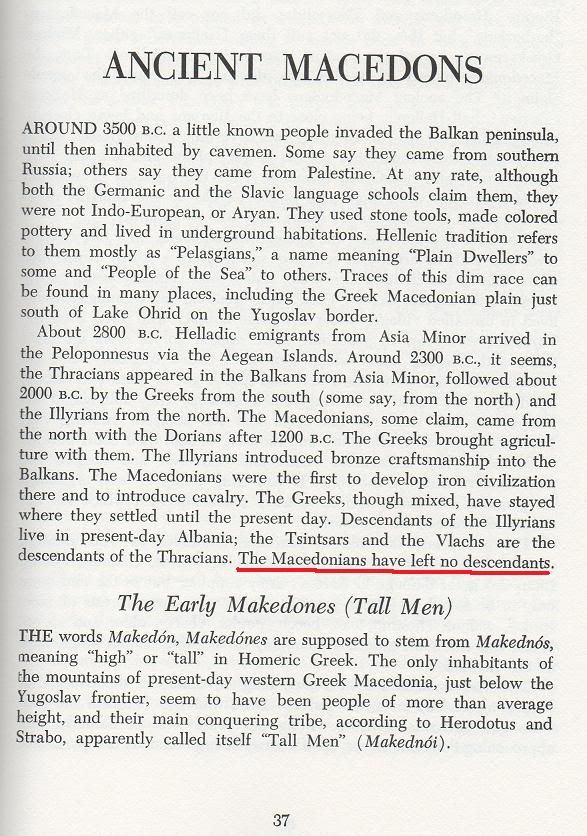
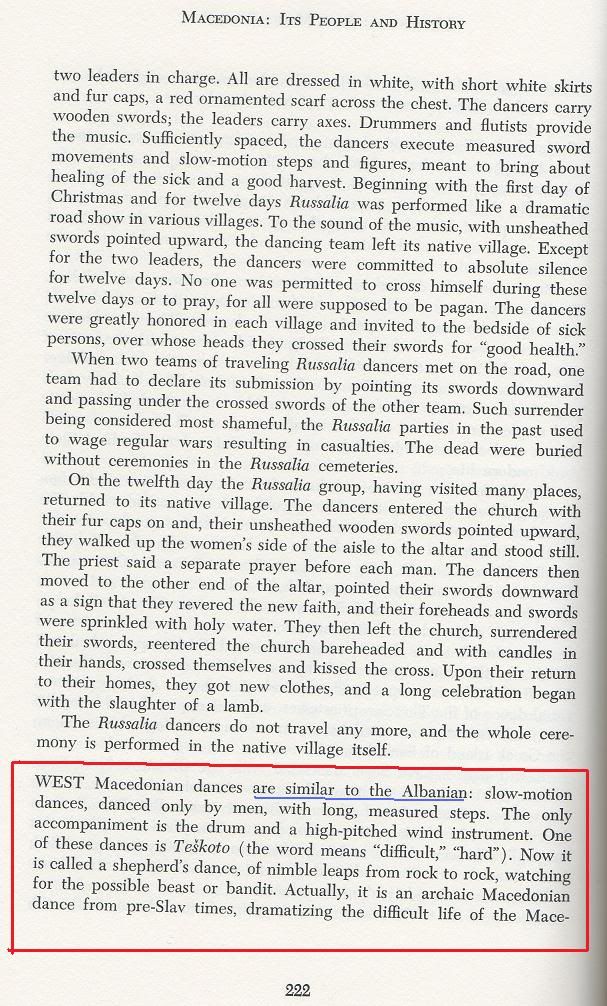
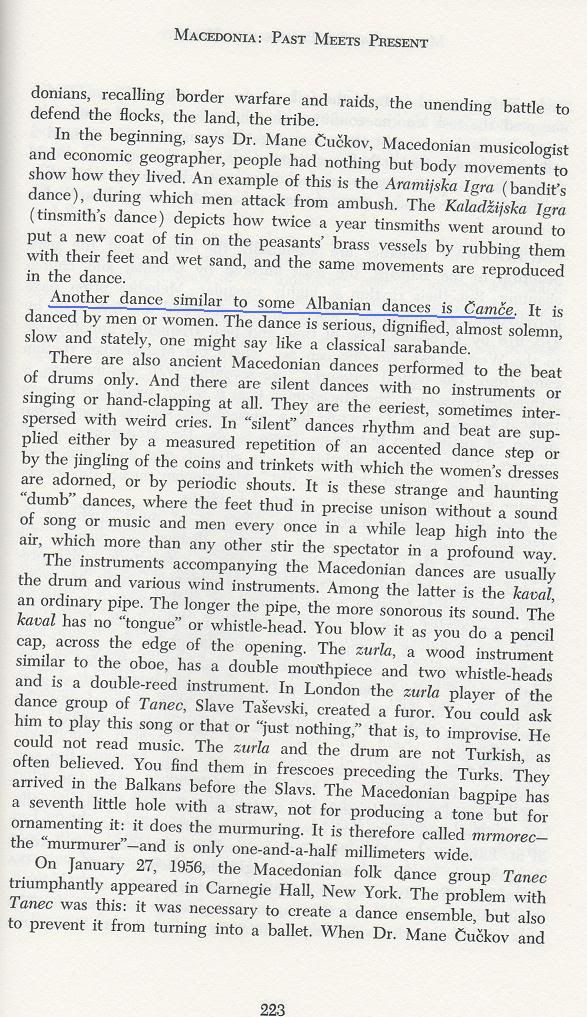
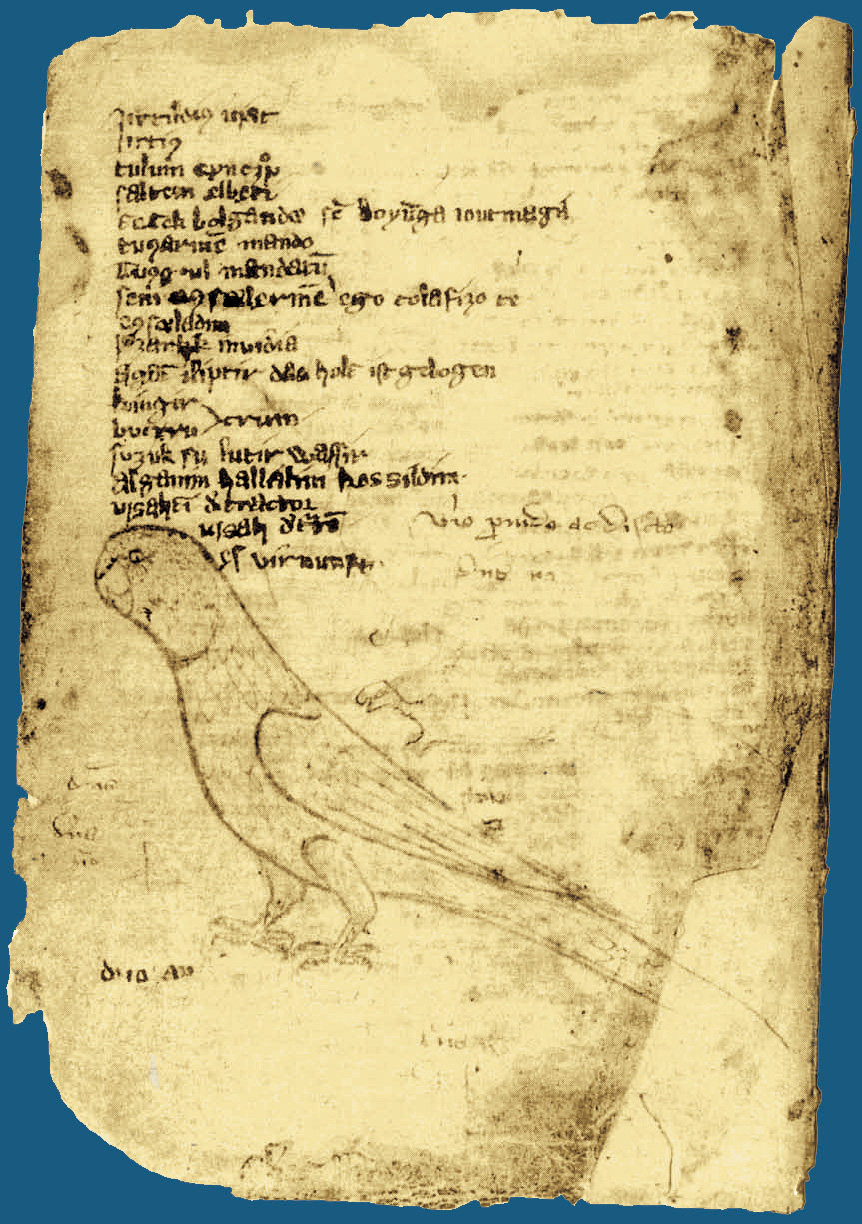

Comment